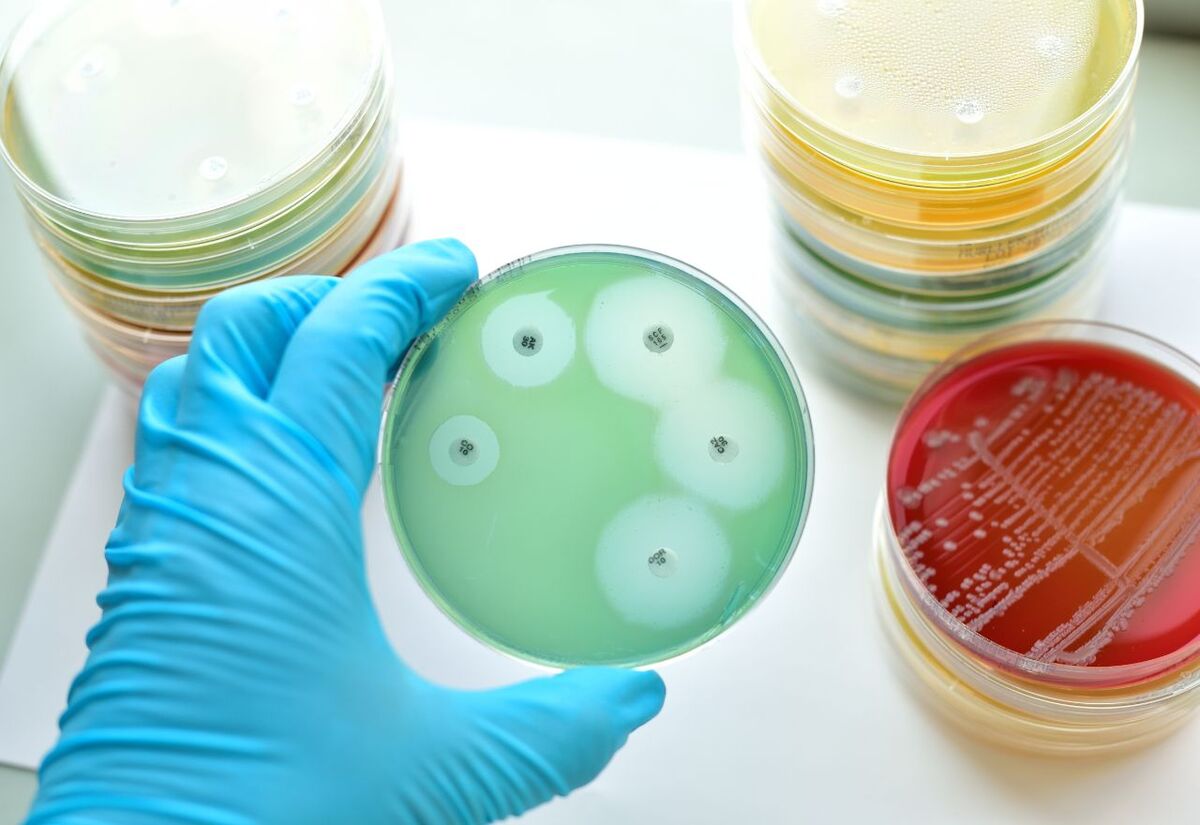Antimicrobial Resistance a Growing Threat in NZ
Staff Reporter
18 November 2024, 1:43 AM
 Ministry Calls for Action to Protect Vital Medicines.
Ministry Calls for Action to Protect Vital Medicines.The Ministry of Health is urging action to combat antimicrobial resistance (AMR) during World Antimicrobial Resistance Awareness Week, held from 18 to 24 November. A
MR, which occurs when bacteria, viruses, fungi, and parasites develop resistance to drugs like antibiotics, has been labelled a top global health threat by the United Nations.
Globally, AMR was directly responsible for an estimated 1.27 million deaths in 2019 and contributed to nearly 5 million fatalities.
In New Zealand, resistant strains are already challenging health services and treatment options.
Ministry of Health Chief Science Advisor Dr Ian Town warned that AMR poses significant risks to medical treatments, including cancer therapies, organ transplants, and surgeries, due to the potential for untreatable infections.
"Resistant strains of bacteria and viruses are already being detected in New Zealand, directly affecting the health of New Zealanders and making infections harder to treat," Dr Town said.
Examples include outbreaks of vancomycin-resistant enterococcus (VRE), first detected in 2022 in the Central North Island region, and the increasing presence of carbapenemase-producing organisms (CPO).
These bacteria can cause life-threatening conditions like sepsis and are resistant to all commonly used antibiotics, including last-resort treatments.
The Ministry is promoting careful use of antimicrobials and preventative measures to slow the spread of resistance.
Recommendations include practising hand hygiene, staying up to date with vaccinations, and following health professionals' advice on antibiotic use.
Overuse or misuse of antibiotics, particularly for viral illnesses like colds and flu, contributes to the development of resistance.
Additional advice includes safe food preparation, covering wounds, and returning unused antibiotics to pharmacies for safe disposal.
Taking these steps, the Ministry says, will help preserve the effectiveness of vital medicines for future generations.
TRADES & PROFESSIONAL SERVICES
FOR SALE


